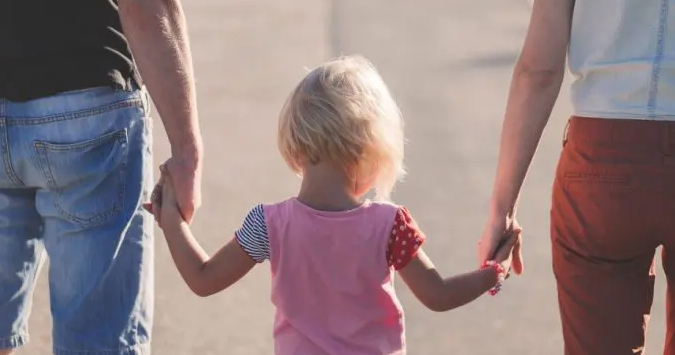Hotline: +381 61 63 84 071
Danas - Privacy Week: It is in public interest for the media to protect the identity of children victims of violence, not to reveal it

Danas - Privacy Week: It is in public interest for the media to protect the identity of children victims of violence, not to reveal it
Photo: Pixabay
The identity of children victims of violence is most often treated by the media as a source of sensationalist news that will bring them profit and attract readers, and the process of "information leakage" from the investigation to the media is obviously well-coordinated and organized.
The interest of the public here is to hide and protect the identity of the children victims, not to speak and comment about them publicly, because that destroys any chance for a child, who is already a victim of a crime, to recover.
This is the main message of the panel "Protection of privacy and personal data of children victims of violence and exploitation", the fourth in a series of events within the "Privacy Week", organized by "Partners Serbia" together with five other civil society organizations.
Awareness of the importance of protecting the identity of children victims of violence is not lacking only in the media, although their influence, and consequently their responsibility, is the greatest. Judicial and executive bodies also have an issue with understanding the protection of the privacy of children victims of violence.
Jelena Stojanović, Deputy Ombudsman, in charge of children's rights and gender equality, spoke about the case Ombudsman worked on, concerning the media coverage of violence against a minor girl, and reminded panel participants that the media referred to a statement of the High Court in Novi Sad. It turned out, she explained, that the court issued a statement and published it on its website, and that it contained information on the basis of which the identity of the child could be easily discovered. The Ombudsman then asked for supervision over the work of the High Court, and the statement was later removed, however the damage it did to the child was great and irreversible, even more so as the media published it.
Andrijana Radoičić Nedeljković, an expert worker from NGO Atina, the organization that moderated and led this panel, reminded those present of a difficult case of abuse of the identity of a minor girl who was sexually exploited by her father. When, after several months of interventions by this organization, the procedure was initiated, a statement was posted on the website of the Ministry of the Interior, which also contained information that led to disclosure of identity; in other words, the media easily found the village, family, and the child in question. This was followed by the publication of photographs of her father and relatives, media reports recorded in front of the house, footage of the neighborhood, and interviews with citizens who commented on the media reports. Following the story, the media "came to a conclusion" that the girl agreed to the abuse and consented to sharing videos on social networks, because it was a way for her and her father to earn money. This caused a change in readers’ opinion, and placed the blame solely on the girl. In that one example, it could be seen how much neither the media, nor the citizens who commented on this case, thought about the consequences for the child victim of violence.
"Children are angry and betrayed," said Andrijana Radoičić Nedeljković, and added: "When you mark someone in the earliest childhood in this way in their environment, it is very difficult for that child to recover and regain independence and control. Children form an image of themselves based on the comments and reactions of the environment, and in our media, statistics say that 47% of the content has a negative connotation about children."
"There are indications that individuals from the police are connected with tabloids, and provide them with details of the investigation, testimonies, and identity information for money," said Željko Bodrožić, on behalf of the Press Council, reminding everyone present of the negligible influence of this body in the professional and wider community. "Neither the media that violated the Journalists' Code and the rules of professional reporting have suffered any sanctions, nor were they denied funds from the budget, on the contrary," he explained.
The general impression of this very well-attended panel is that a way must be found to stop further victimization of children who have already survived violence, and that it is necessary to work with the police and prosecution, the media and citizens as well, bearing in mind that their comments on social networks or in online newspaper have a weight and influence, and negatively affect children's lives.
It was concluded that there is no public interest in knowing the details of abuse and violence against children, and that such media conduct is guided exclusively by economic profit, without realizing that it destroys the lives of both these and all other children as well. NGO Atina reminded participants that the issue of "information leakage" from investigations and court proceedings is ubiquitous, and that the state recognized it a long time ago, given that back in 2015, within the Action Plan for Chapter 23, it made a commitment to regulate the problem through a series of measures. However, five years later, the state is yet to make any effective actions on the issue.
For NGO Atina, text translated by Marija Pantelić
The original text can be found via the following link: https://www.danas.rs/drustvo/nedelja-privatnosti-interes-javnosti-je-da-...












 FACEBOOK
FACEBOOK TWITTER
TWITTER YOUTUBE
YOUTUBE